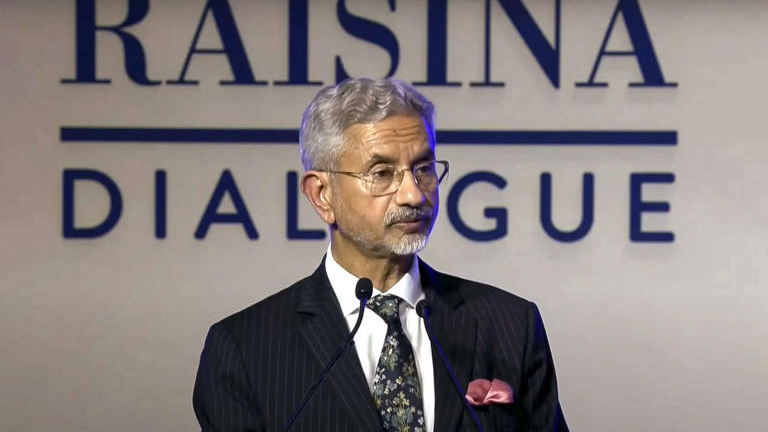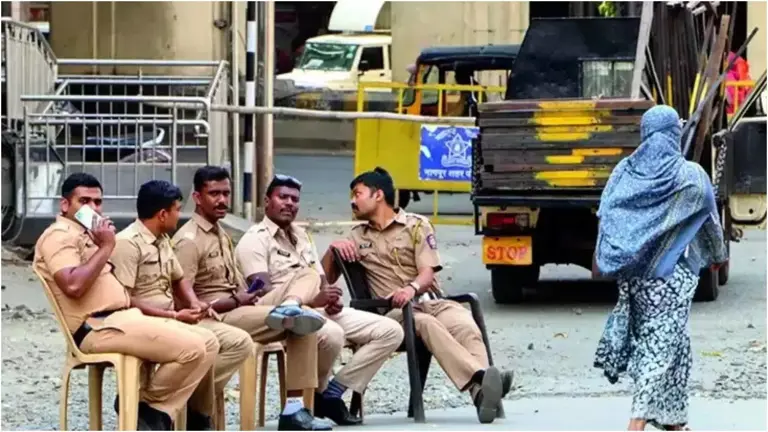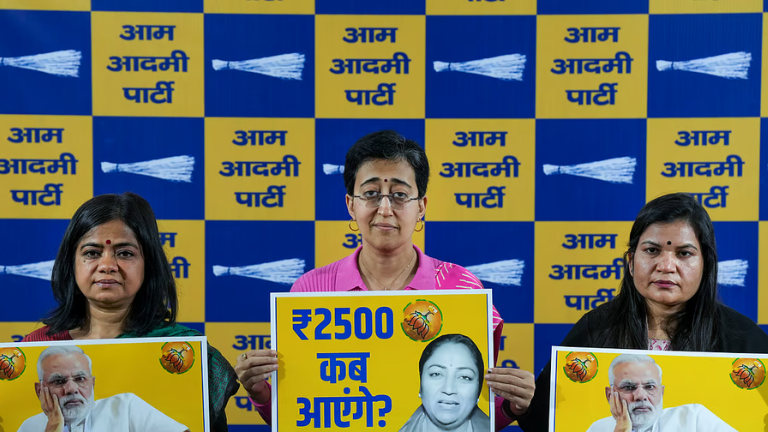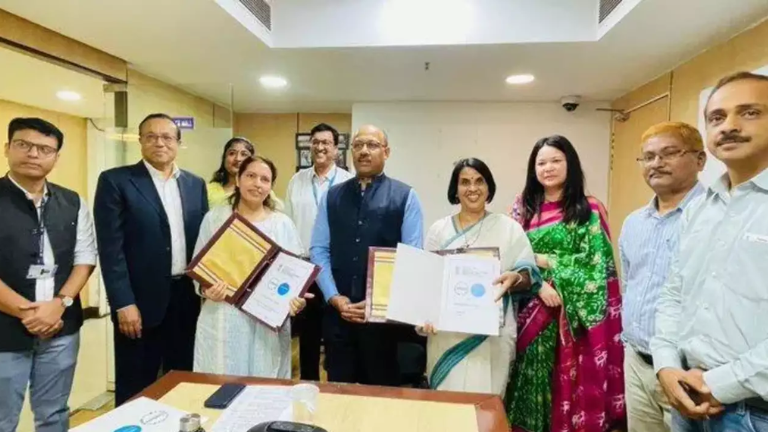Jaishankar on Kashmir: Criticizes UN and Western Nations for Bias
Jaishankar on Kashmir took center stage at the Raisina Dialogue 2025, where India’s External Affairs Minister S. Jaishankar strongly criticized the United Nations and Western countries for their inconsistent handling of global conflicts.
Speaking at the session “Thrones and Thorns: Defending the Integrity of Nations,” Jaishankar on Kashmir emphasized how the UN transformed Pakistan’s invasion of Kashmir into a dispute, equating the attacker and the victim. He also accused Western powers of political interference, where their actions are framed as democracy promotion, while similar actions by other countries are deemed malign influence.
By addressing the longest-standing illegal occupation of Kashmir by Pakistan, Jaishankar on Kashmir reinforced India’s call for a strong and fair global order.
Jaishankar on Kashmir: Pakistan’s Illegal Occupation and UN’s Role
Jaishankar on Kashmir highlighted how Pakistan’s occupation remains one of the longest-standing territorial violations since World War II.
“We all speak of sovereignty and territorial integrity. It is a bedrock of global rules. After World War II, the longest-standing illegal occupation of a territory by another country pertains to India—what we saw in Kashmir. We went to the UN, and what was an invasion was turned into a dispute. The attacker and the victim were put on par.”
Jaishankar on Kashmir also named the UK, Canada, Belgium, Australia, and the USA as countries responsible for influencing the UN’s stance, questioning their role in shaping a biased narrative.
By exposing this historical injustice, Jaishankar on Kashmir reinforced the need for reforms in global governance.
Jaishankar on Kashmir: Calls for a Strong and Fair UN
Jaishankar on Kashmir criticized the inconsistencies in international policies and stressed the importance of restructuring the United Nations to ensure fairness.
“We need a strong UN, but a strong UN requires a fair UN. A strong global order must have basic consistency of standards. When coups happen in Myanmar, they are condemned. But similar situations in the West seem acceptable. We must audit the world order of the last eight decades and recognize that power structures have shifted. We need a different conversation and a different global order.”
Jaishankar on Kashmir reinforced India’s demand for fairness in global governance, challenging the double standards of Western powers.
Jaishankar on Kashmir: Western Hypocrisy in Political Interference
Jaishankar on Kashmir did not hold back in criticizing Western nations for their double standards on political interference.
“When the West intervenes in other countries, it is framed as a move for democratic freedoms. When other nations engage with the West, it is portrayed as malign interference. This selective approach is one of the biggest issues in global politics today.”
Jaishankar on Kashmir emphasized how Western nations justify interventions when it suits them but oppose similar actions when done by others.
This exposes a major contradiction in global diplomacy, reinforcing why Jaishankar on Kashmir demands a more balanced global order.
Jaishankar on Kashmir: Taliban and Global Double Standards
Using Afghanistan as an example, Jaishankar on Kashmir pointed out how Western nations changed their stance on the Taliban based on convenience.
“The same Taliban that was once considered an outlier was welcomed in the Doha process and in Oslo. At that time, they were accepted. But today, those same powers criticize them. If they were extremists then, what changed? A British general once described them as ‘country boys with an honor code.’ But now they are seen as a problem.”
This inconsistency, according to Jaishankar on Kashmir, shows how Western foreign policies lack continuity and are based on geopolitical convenience rather than principle.
Jaishankar on Kashmir: Importance of a Global Order
Jaishankar on Kashmir stressed that a stable global order is essential, just like a domestic order within nations.
“Just as societies need a domestic order, the world needs an international order. Without order, risk-taking nations will exploit the situation to their advantage. Even smaller nations can create instability if they choose to defy global norms.”
By calling for a more predictable global structure, Jaishankar on Kashmir emphasized the need for fairness, consistency, and stability in international diplomacy.
Jaishankar on Kashmir: Raisina Dialogue 2025 and Global Leaders’ Participation
Jaishankar on Kashmir delivered these remarks at the Raisina Dialogue 2025, India’s premier geopolitical conference, held from March 17-19 in New Delhi.
The event featured key global leaders, including:
- Juraj Blanar – Minister of Foreign and European Affairs, Slovakia
- Carl Bildt – Former Prime Minister, Sweden
- Dominique Hasler – Minister of Foreign Affairs, Liechtenstein
- Dubai Abulhoul – Founder, Fiker Institute
The Raisina Dialogue continues to be an important platform for global discussions on diplomacy, governance, and international security.
Jaishankar on Kashmir: India’s Call for Global Governance Reform
Jaishankar on Kashmir represents India’s bold stance on global governance, demanding:
- A fair and unbiased United Nations.
- Equal treatment for nations in international disputes.
- An end to Western political interference under the guise of democracy promotion.
- Recognition of shifting global power structures.
By challenging historical biases, Jaishankar on Kashmir reinforces India’s growing role in shaping a new, fairer world order.
Jaishankar on Kashmir: The Future of Global Diplomacy
At the Raisina Dialogue 2025, Jaishankar on Kashmir made it clear that India will not accept outdated power structures in global governance.
By calling out Western hypocrisy and questioning the UN’s neutrality, he reinforced India’s demand for a fairer, more balanced global order.
As India’s influence grows, Jaishankar on Kashmir signals a stronger diplomatic approach, advocating for a world order that is transparent, just, and equitable for all nations.







